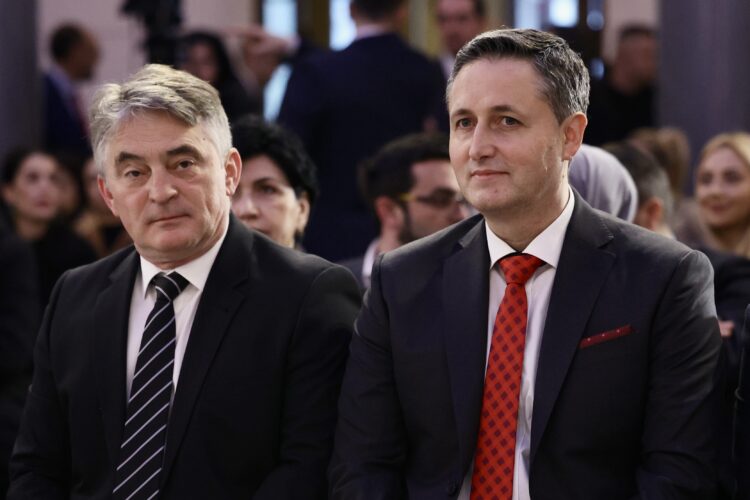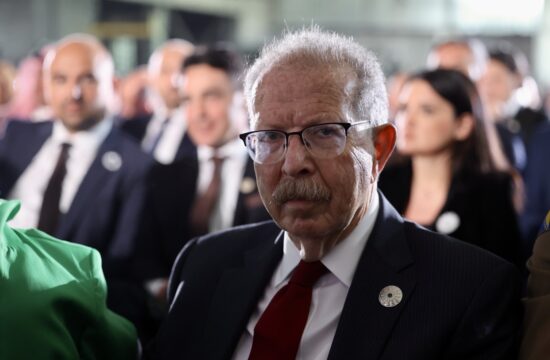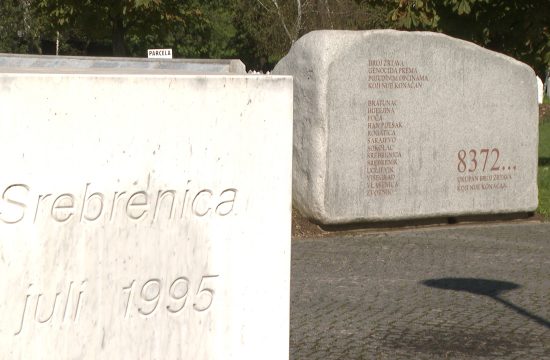
The Council of Ministers of Bosnia and Herzegovina is expected to discuss gas interconnections in the next several days, but any decision it decides to adopt must be approved by the Presidency, which is now unlikely to happen since Presidency member Zeljko Komsic said he will vote against it if the state law on gas is not adopted before then.
Komsic’s statement comes after BiH’s Foreign Affairs Minister, Elmedin Konakovic, and the president of the country’s Republika Srpska (RS) entity and leader of the ruling party there, Milorad Dodik, announced that the southern and eastern interconnection will be considered at the next session of the Council of Ministers of Bosnia and Herzegovina.
Komsic’s colleague in the Presidency, Denis Becirovic, told N1 he is likely to do the same if no law is adopted.
Becirovic has been pushing for the adoption of the state law on gas, promoting it as the best framework for the implementation of the projects, as well as all other individual projects of that kind. This would ensure that BiH meets its contractual obligations towards the Energy Community, as well as its constitutional competencies regarding the establishment of a single market and guaranteeing the free movement of goods, services, capital and persons, as well as inter-entity transport and the establishment of public corporations provided for in Annex 9 of the Constitution, his office said.
Almir Becarevic, an expert on the matter and a minister in the Sarajevo Canton from the Party for Bosnia and Herzegovina said the eastern interconnection is a project being pushed “according to the directive of Moscow”.
He stressed that there must be a state-level gas regulator.
“The law on gas should define the issue of gas transportation, which is a public service everywhere, and the issue of the regulator because the regulator from Trebinje cannot take over state powers and lead such an operation,” he said.
He pointed out that an initiative to adopt such a law has been submitted in 2014 and called on the High Representative of the international community in the country to use his Bonn Powers and impose such a law if local politicians are unable to agree on it.



